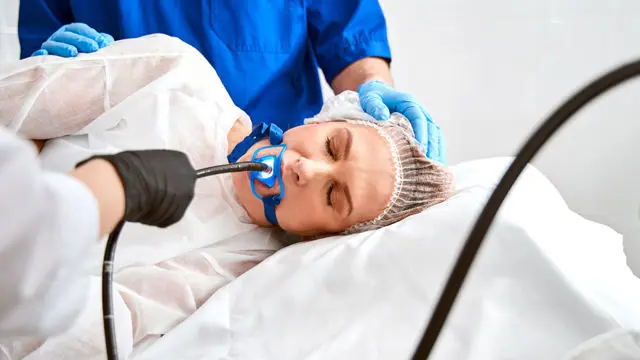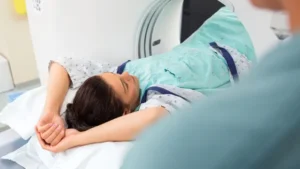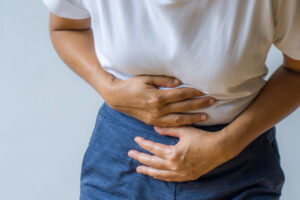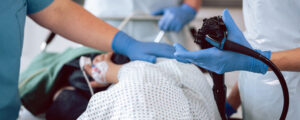Let’s be honest, It’s no fun having a camera shoved down their throat or up the other end. But when you start experiencing odd symptoms like bloating, abdominal pain, or irregular bowel movements, it might be time to dig a little deeper into what’s happening inside your body. If your doctor has suggested both a gastroscopy and a colonoscopy, you might be wondering: Do I need both? And is it possible to do them at the same time?
What’s the Difference?
A gastroscopy, or upper endoscopy, takes a look at your oesophagus, stomach, and the first part of your small intestine (the duodenum). It’s typically recommended for issues like persistent acid reflux, nausea, unexplained vomiting, or upper abdominal pain.
A colonoscopy focuses on the large intestine (colon) and rectum. This procedure is used to check for polyps, inflammation, or signs of colorectal cancer. Common reasons for this test include rectal bleeding, chronic diarrhoea, or routine cancer screening if you’re over 45.
Each of these procedures targets a different area of your digestive system. So, if your symptoms are a bit all over the place or unclear, your doctor might recommend doing both to get a complete picture.
Should You Do Them Together?
In many situations, the answer is yes, having a gastroscopy and colonoscopy done at the same time can be a smart and efficient option. Here’s why:
1. One Sedation, One Recovery
Both procedures require sedation, so doing them together means you only have to go through that process once. This means less stress, fewer side effects, and just one day off work.
2. Comprehensive Digestive Check
When your symptoms overlap or affect both the upper and lower gastrointestinal (GI) tract, it makes sense to check both ends. This way, you can be sure that no potential issues slip through the cracks.
3. Cost and Time Efficiency
When you combine both procedures, it often ends up being cheaper than tackling them one at a time especially when you factor in facility fees, sedation, and recovery time. Plus, it’s way less of a hassle, just one prep, one visit, and you’re all set!
4. Faster Diagnosis and Treatment Plan
If you’re experiencing discomfort or have symptoms that just don’t add up, getting a complete answer sooner rather than later is key. By doing both procedures at once, you can speed up your diagnosis and get started on the right treatment plan much quicker.
Are There Downsides?
Not everyone is a good fit for a combined procedure. If you have certain health issues, your doctor might recommend doing them separately. And let’s be honest, the prep for a colonoscopy can be a bit rough (you’ll become well-acquainted with your bathroom). But most people agree that it’s better to get it all done in one go rather than having to do it twice.
Talk to Us at GastroClinic
Still feeling uncertain about whether a dual procedure is the right choice for you? That’s totally understandable. Every patient is unique, and the decision should always be based on your symptoms, medical history, and how comfortable you feel.
At GastroClinic, we’re here to make that decision easier. Book a consultation today to discuss whether combining a gastroscopy and colonoscopy makes sense for you and take one more step towards understanding what your gut is trying to tell you.













